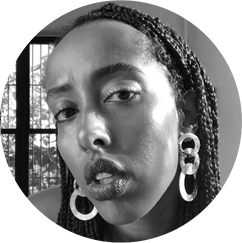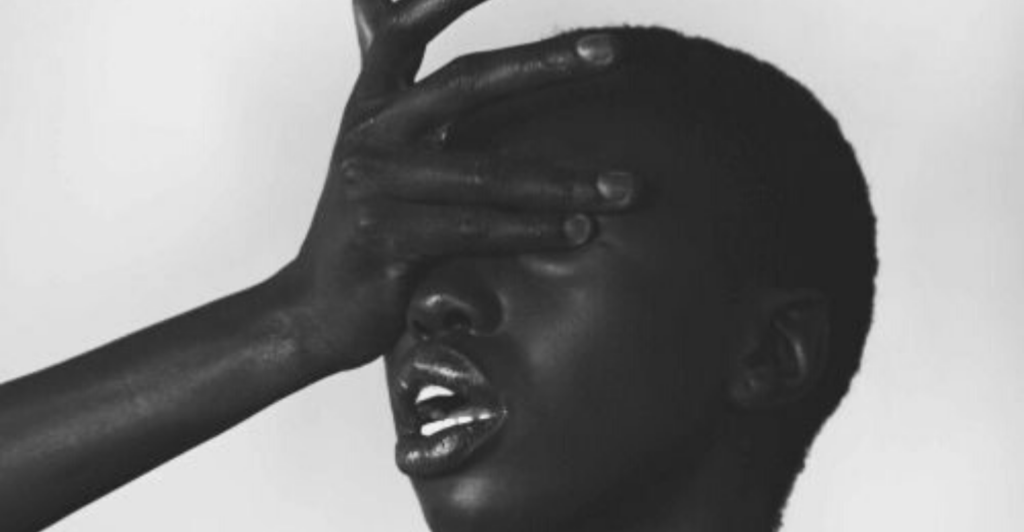When you see something over and over again, it doesn’t surprise you anymore.
It becomes normal, accepted, and easier to grow numb.
As a collective long misrepresented, rearranged to appear more palatable, easier to swallow, rejected or unacknowledged altogether — it goes without saying that Black women have become something of an expert at normalizing our lived experiences.
We have to.
It’s a natural part of living in a depriving world that affirms a disturbing version of equity and freedom. It’s how we try to manage expectations and uncertainty, and how we attempt to cope.
Yet, some things — and for some, most things — that happen in our lives are simply not okay and undoubtedly unacceptable. No matter how much we may want to, we can’t find adequate reasons to solve them.
Several are used to being rejected because their skin tone is considered too “dark,” others are accustomed to over-explaining their “No’s” since setting boundaries wasn’t part of their eyewitness, and most are used to a long series of losses before seeing any wins.
Maybe we believe we’re not working hard enough to attain what we know we deserve even if others don’t recognize it, or that most difficult situations are a lesson we’re supposed to learn from and “patterns” are a sign we just didn’t get it yet.
The problem: the world tells Black women that they are the cause of their joy as well as the cause of their pain in every circumstance.
This was never ours to carry.
For black women, continuing to normalize adverse experiences can alter the way we move in our bodies and the lens we put on to view ourselves. Like a color gradient that changes from one shade to the next, how quickly or slowly we transition from normalizing to passivity across time can be hard to pinpoint.
It’s a fine line.
When it’s hard to see, to feel, or to hear what goes on outside because it’s so common to us, it becomes difficult to also know what goes on inside. We can grow numb to ourselves and may descend into self-defeating behaviors with limited self-awareness.
It’s crucial to confront traumas that color the reality of a black woman’s daily experience. There’s a necessity to naming, in having the language to detail moments of paralyzing assault.
In the same vein, there is also a depth of self-sabotage that can happen in the effort to give meaning or motive to every circumstance. The process of cycling through reasons why to make sense of something done to you, then recognizing later that it never deserved justification. The discounting of ourselves and our validity as Black women when trying to unpack another rejection or dismissal.
And the lies we tell ourselves as we strive for rapid recovery or quick resolution.
To justify is to show or prove to be right or reasonable. But what about the unreasonable? How are we defining ourselves in the midst of these experiences? What words are we choosing when we speak on the incomprehensible marks on our lives?
- Is my pathway to healing leading to trust or distrust in self?
- Do I carry my personal truths or do I lower their weight against the assertions spoken by others?
- Am I able to see myself beyond my traumas or have I secured them to my core identity so that it permeates every belief I have about myself?
Amid gritty lived experiences, we know how to self-heal, we know about useful coping mechanisms, and we know how to survive through the unacceptable but this is a double-edged sword.
This was never ours to carry.
Ways to Ensure We’re Telling Ourselves the Truth:
- Give the grace of time and reflection back to yourself. We are routinely devalued and degraded, so we must reframe the language. How we describe and understand our life situations start with how we describe and understand ourselves. Is the language we use affirming or discrediting our inherent value and worth?
- Dismantle the idea that your discernment isn’t true and your emotions aren’t valid. As we seek to restore our peace and remedy moments that have disrespected us, let’s not commit a further disservice by desensitizing to the point that we second-guess our intuition. In the build up of internal confusion and stress caused by unjust experiences, we may believe we misjudged, made a misstep or committed a mistake that produced our own pain. Clarity belongs to us and is possible once we reaffirm the foundational belief of truth in self.
- Choose a sustainable path for internal healing. Turning to the mirror for questioning and drawing conclusions about ourselves to reach a consciously tolerable resting place doesn’t serve us well. Raising merit in what has happened to us as eligible markers of our worthiness is crippling and dangerous. We must remind ourselves that we matter beyond our afflictions and the road to true resolutions is a long one.
- Acknowledge all parts of your story because no one else does. Black women are used to everything ending before their rightful time, so new beginnings may become hard to see. Taking everything into account and holding all facets of ourselves in our hands is an act of revolutionary self-love.
The ability to thrive in the fullness of our beings is still ours once we denounce the sacrilegious practice of self-alienation.

About the Author: Damme Getachew is a child of immigrant parents and a storyteller living in BK, with roots in Seattle and Ethiopia, who goes by the artist name “MYHNY,” a play on the English translation of her Oromo name.




JOIN THE DISCUSSION (0 comments)